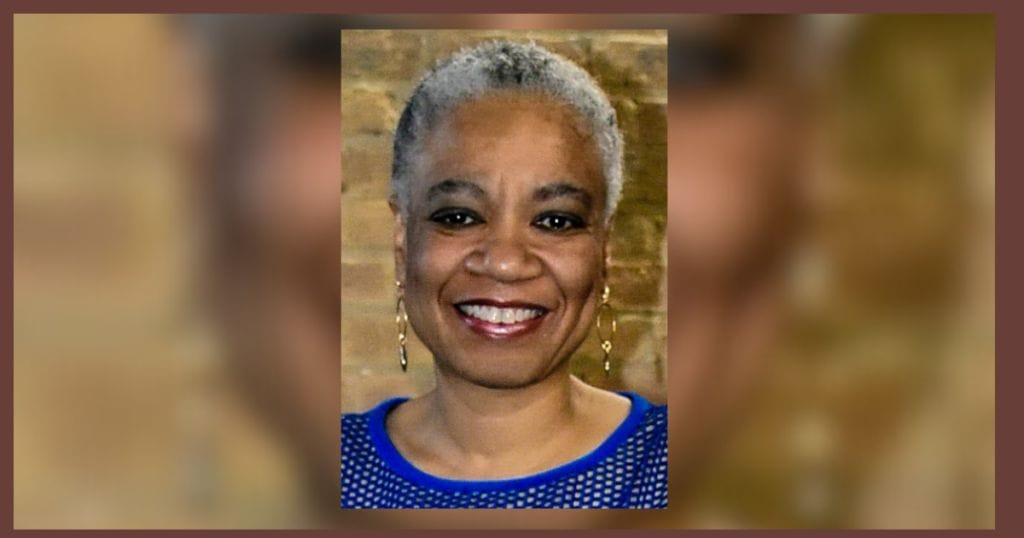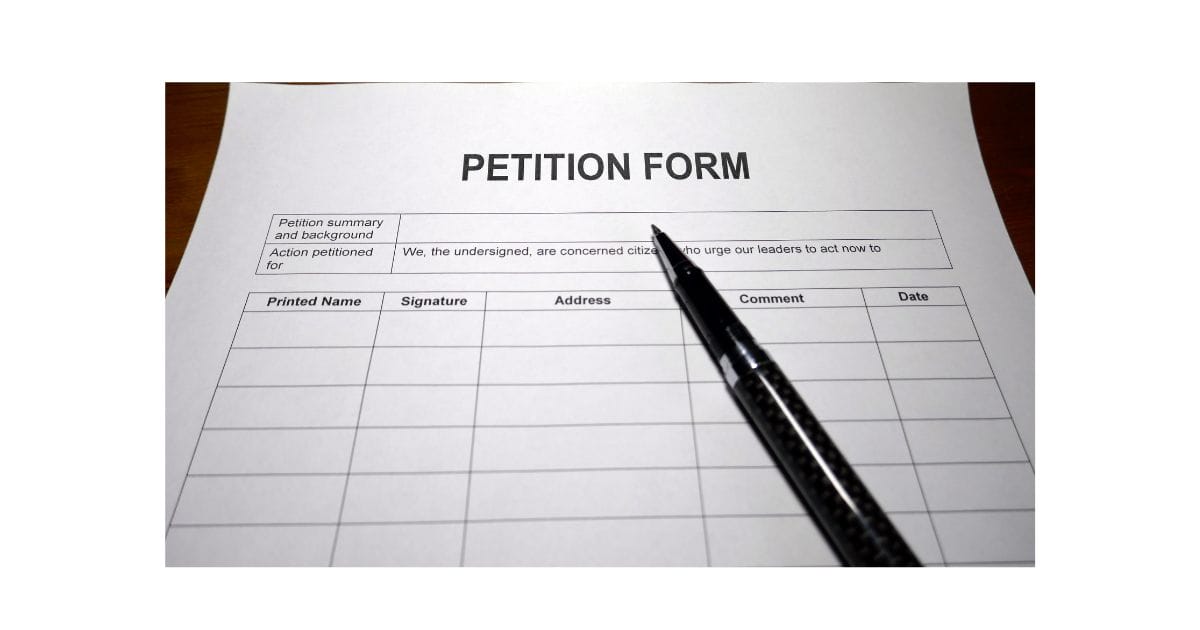It has taken decades to get Illinois state officials to approve a fully elected school board bill for Chicago Public Schools. Last Monday, March 18, 2024, Governor Pritzker signed legislation establishing a fully elected school board by 2027.
The transition will begin with a hybrid board of 21 members—10 elected in the November election later this year and 10 members and the board chair appointed by Mayor Johnson. Control over the board would remain with the mayor for the next few years.
On Tuesday, March 26, 2024, candidates began circulating petitions. For potential candidates of color, many of whom are politically cloutless and cash-poor, meeting the signature requirements by the deadline may be a major problem.
According to Max Bever, director of Public Information for the Chicago Board of Election Commissioners, Tuesday, March 26th is the first day Elected School Board candidates could begin circulating petitions.
He said Monday, June 24th, will be the deadline for filing those petitions, and that may serve as a barrier for getting committed Black and brown candidates to run.
“While we commend the state lawmakers for passing the bill and Gov. Pritzker for signing the historic legislation, it mandates a 1,000-signature requirement that will be a hindrance for many people of color because you need at least three times that number of signatures to ward off petition challenges,” said Valerie Leonard, co-founder of the Illinois African Americans For Equitable Redistricting (IAAFER).

In an interview with the Chicago Crusader, Leonard thanked state lawmakers for including a Black student achievement committee for the Board of Education, which was a recommendation by Leonard’s committee.
“The Committee will provide evidence-based solutions to move the needle on some of the most entrenched barriers that prevent Black students from doing as well as their peers. Most importantly, there will be Board-level accountability with periodic public progress reports. Regardless of who is in office, this work will continue for years to come,” said Leonard.
Expressing concern over the 1,000-signature threshold to run for an elected school board seat, Leonard said, “I think it is unfair. If you look at the fact that this will probably be the first time out of the gate running for election for some people, and we have so little time. Requiring so many signatures at the same time you want parents and others to run and then you create a barrier to get on the ballot, is not fair.”
Leonard said asking candidates to get at least 3,000 signatures to prevent being challenged is not even a requirement for aldermen. Chicago aldermanic candidates must file at least 473 signatures. “You say you don’t want politicians running the school system, but it’s going to be very difficult for novices to get” a handle on educational issues.
Leonard said of the 21 school board members, “I would have preferred that everyone be elected at once,” she said. “I was OK with the fact that the mayor wanted to appoint half of the members and half running.
“You will have a competition with the Chicago Teachers Union fielding their own candidates; so, people with deep pockets and organizations will have an advantage. I believe Black people tend to not have strong, political, or independent organizations to ge tBlack people to the polls. That means the mayor will control the school board,” she said.






